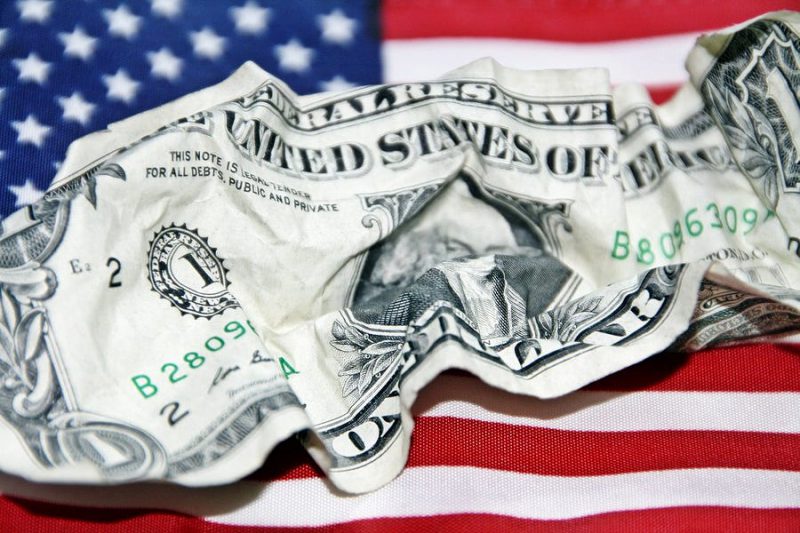As de-dollarization garners more steam by the day, some people in the United States remain untethered. But, a few others continue to fear the repercussions of the potential decline of the dollar. The CEO of stablecoin issuer Circle, however, has come up with a solution to dodge de-dollarization. Speaking at the Consensus 2023 conference on April 26, Jeremy Allaire highlighted how there is “very active de-dollarization taking place” occurring at the moment. He added,
“You’re having very significant reactions to the U.S. risks in the U.S. banking system, risks with the U.S. government itself, a geopolitical imposition on many parts of the world [and] the desire for alternative payment systems all around the world. This is happening and it’s accelerating,”
The BRICS nations along with several others have been moving away from the dollar. The BRICS in fact has already begun working on a currency of their own. Countries like Saudi Arabia and Iran are speculated to aid this initiative. Additionally, the Chinese yuan took over the dollar in terms of cross-border payments. More recently, Argentina revealed that it would start employing the yuan instead of the dollar to pay for Chinese imports.
But how can the U.S. dodge the collapse of the dollar? According to Allaire, the implementation of the digital dollar would reportedly do the deal.
Here’s how the dollar will remain “competitive and safe”
Allaire urged the Federal Reserve to integrate the digital dollar into its “core systems.” In order for this to come to fruition, the government will need to put forth a stablecoin legislation. He further added,
“The demand for digital dollars like USDC is highly global. We see that demand all around the world — we see it in emerging markets, we see it in markets where people want to hold a digital dollar versus their local banking system […] as an efficient medium of exchange for various types of international transactions.”
However, if the U.S. government fails to make the necessary changes, Allaire believes that it would be a “giant missed opportunity.”





